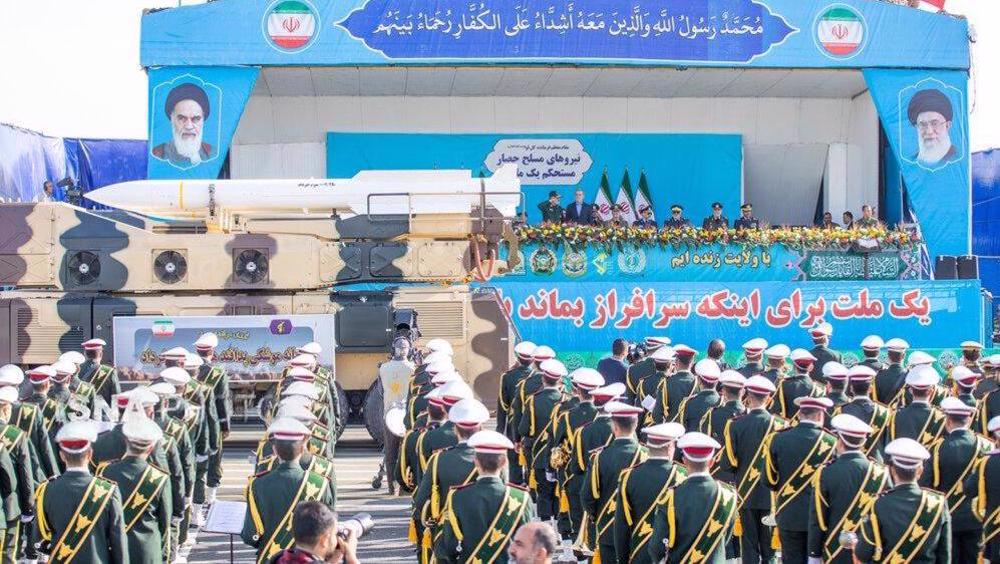UPDATES
Gaza ceasefires, a history
August 5, 2014 | Ahron Shapiro

Israel has just announced its acceptance of another 72-hour ceasefire to begin this morning, Israel time. Following yesterday’s seven-hour humanitarian ceasefire announced by the IDF there have now been seven ceasefires the IDF has accepted in the current conflict. On the Hamas side, some of the ceasefires were accepted, some were rejected, but regardless, none have been respected by Hamas, which has continued to bombard Israel and carry out attacks during times the IDF has been holding its fire.
Lets take a look at some of those ceasefires, and their outcomes:
Tuesday, July 15
The IDF suspended strikes for a period of 6 hours. During this time, Hamas fired 47 rockets into Israel. In light of this, the IDF announced that it would resume its operation.
Thursday, July 17
In spite of an agreement by Israel to observe a humanitarian ceasefire with Gaza at the request of the UN, Hamas continued attacking.
Sunday, July 20
The IDF agreed to observe a humanitarian ceasefire in the Gazan neighbourhood of Shuja’iya at the request of the Red Cross, which was also acting at the urging of Hamas. Hamas violated the ceasefire by continuing to fire at Israel, including from a rocket launching site located near the Wafa hospital in Shuja’yia, according to the IDF.
Saturday, July 26
The IDF accepted a 12-hour humanitarian ceasefire with Hamas and agreed to a UN request to extend it another 24 hours. Hamas held their fire during the initial window but refused to extend the ceasefire and attacked even as Israel held its fire and a Hamas mortar killed an Israeli civilian.
Friday, August 1
The IDF agreed to a UN request for a 72-hour ceasefire. Hamas claimed to have accepted this ceasefire as well. However, Hamas used the opportunity to fire rockets and mortars into Israel and attack IDF forces in Gaza. Three IDF soldiers were killed by a suicide bomber and a number of other militants. It is understood that the attackers dragged the body of one of the soldiers, Hadar Goldin, into a tunnel. Neither the militants nor Goldin has since been located. Outrageously, some outlets falsely claimed Israel had broken the ceasefire, even in spite of ample evidence to the contrary, in the form of rocket sirens and explosions inside Israel. Hamas claimed that it was the IDF that had broken the ceasefire, and most Australian media refused to accept the verdict of UN Secretary General Ban Ki-Moon and US President Barack Obama, who blamed Hamas, preferring to report neutrally that the truce had simply “collapsed”.
Monday, August 4
Israel announced a humanitarian ceasefire between the hours of 10 a.m. and 5 p.m. Hamas launched 31 rockets, scattered throughout the ceasefire period, with reports of volleys of rockets launched at 12:08, 12:32, 12:40, 1:02, 2:24, 3:14, 3:17, 3:29, 4:21.
Ahron Shapiro
Tags: Israel





